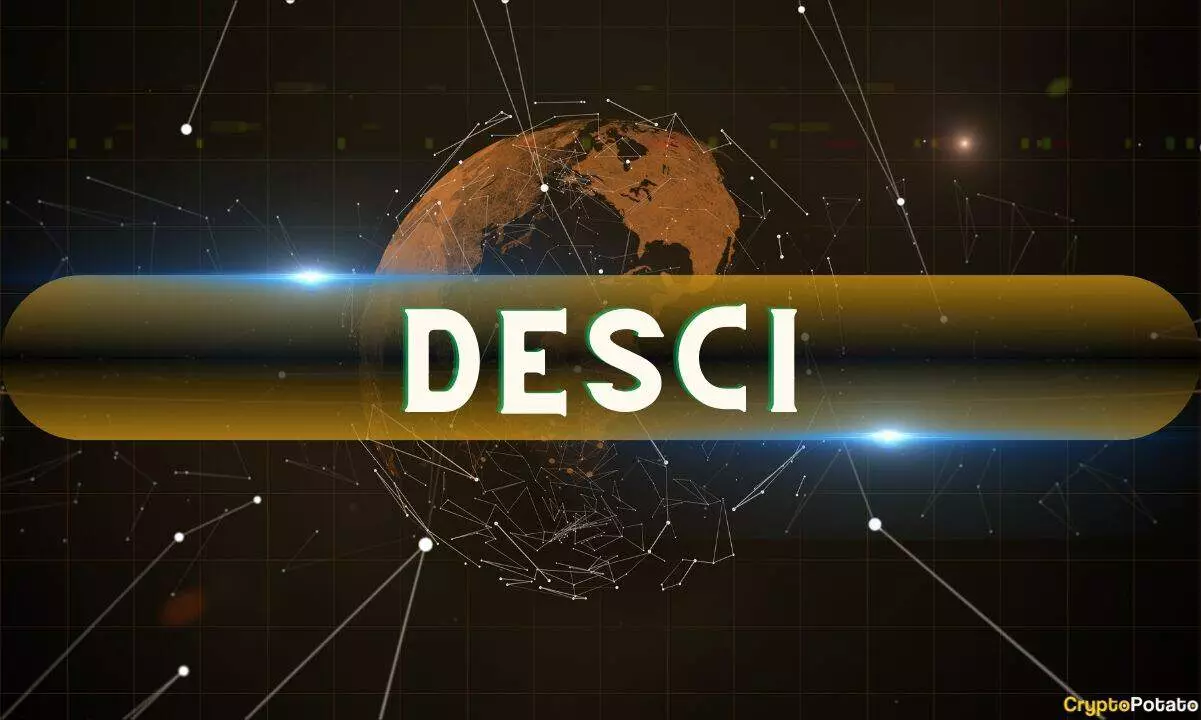The field of scientific research is plagued by significant challenges, particularly in the transition from basic research phases to practical, real-world applications. This issue is starkly illustrated by the so-called “Valley of Death,” a metaphor representing the steep drop-off in research projects as they progress toward human trials. Astonishingly, research suggests that a staggering 80-90% of projects falter before they even reach this crucial stage, with a mere 0.1% of drug candidates receiving approval as viable treatments. This dramatic attrition highlights systemic inefficiencies in traditional research methodologies that stem from discordant incentives among academic institutions, funding bodies, and industry players.
Several factors contribute to these high failure rates. A primary concern is inadequate funding, compounded by a lack of collaborative efforts among scientists and clinicians. In many instances, researchers operate in silos, which inhibits the pooling of insights and expertise required to advance projects. Furthermore, the issue of reproducibility looms large, with numerous studies failing to produce consistent results upon retesting. These challenges culminate in a laborious and often frustrating research process, leading to the inevitable demise of many innovative ideas before they can materialize into effective treatments.
Amidst these challenges, a novel approach known as Decentralized Science (DeSci) emerges as a promising solution. It leverages blockchain and Web3 technologies to redefine the traditional research ecosystem. According to findings from Binance Research, DeSci proposes a framework that fosters increased trust, collaboration, and accountability among stakeholders in the research community. By utilizing decentralized platforms, research projects can access a transparent and unalterable ledger that documents funding distributions and milestones. This granularity in tracking allows for better alignment of goals among patients, researchers, and investors, ultimately enhancing the likelihood of successful project completion.
Central to the DeSci model is the concept of Decentralized Autonomous Organizations (DAOs), which serve as innovative funding mechanisms. These DAOs facilitate a collaborative environment, where stakeholders can collectively make decisions concerning resource allocation for research initiatives. This democratic approach ensures that all parties involved have a stake in the outcomes of the projects, thus fostering a sense of accountability and motivation. Additionally, by incorporating features like token governance and smart contracts, the alignment of interests and transparency in decision-making are significantly improved.
Reproducibility issues have long undermined the credibility of scientific findings. DeSci frameworks can address these concerns by harnessing blockchain to create an immutable record of research methodologies and results, ensuring that all experiments are documented in a way that makes them straightforward to replicate. This capability extends to the publication of failed studies, which can contribute invaluable insights to the scientific community and combat the pervasive issue of publication bias. Moreover, decentralized storage solutions ensure data integrity and accessibility, enhancing collaboration and trustworthiness across the field.
Despite its nascent stage, the decentralized science movement holds tremendous potential to revolutionize the landscape of scientific research. Currently, its market capitalization stands at a modest $1.75 billion across various projects, a figure that signals ample room for growth compared to other sectors in the crypto space. As the foundations of DeSci continue to solidify, its capacity to impact scientific research processes positively is becoming increasingly evident, promising a future where breakthrough research can thrive unencumbered by traditional hurdles.

